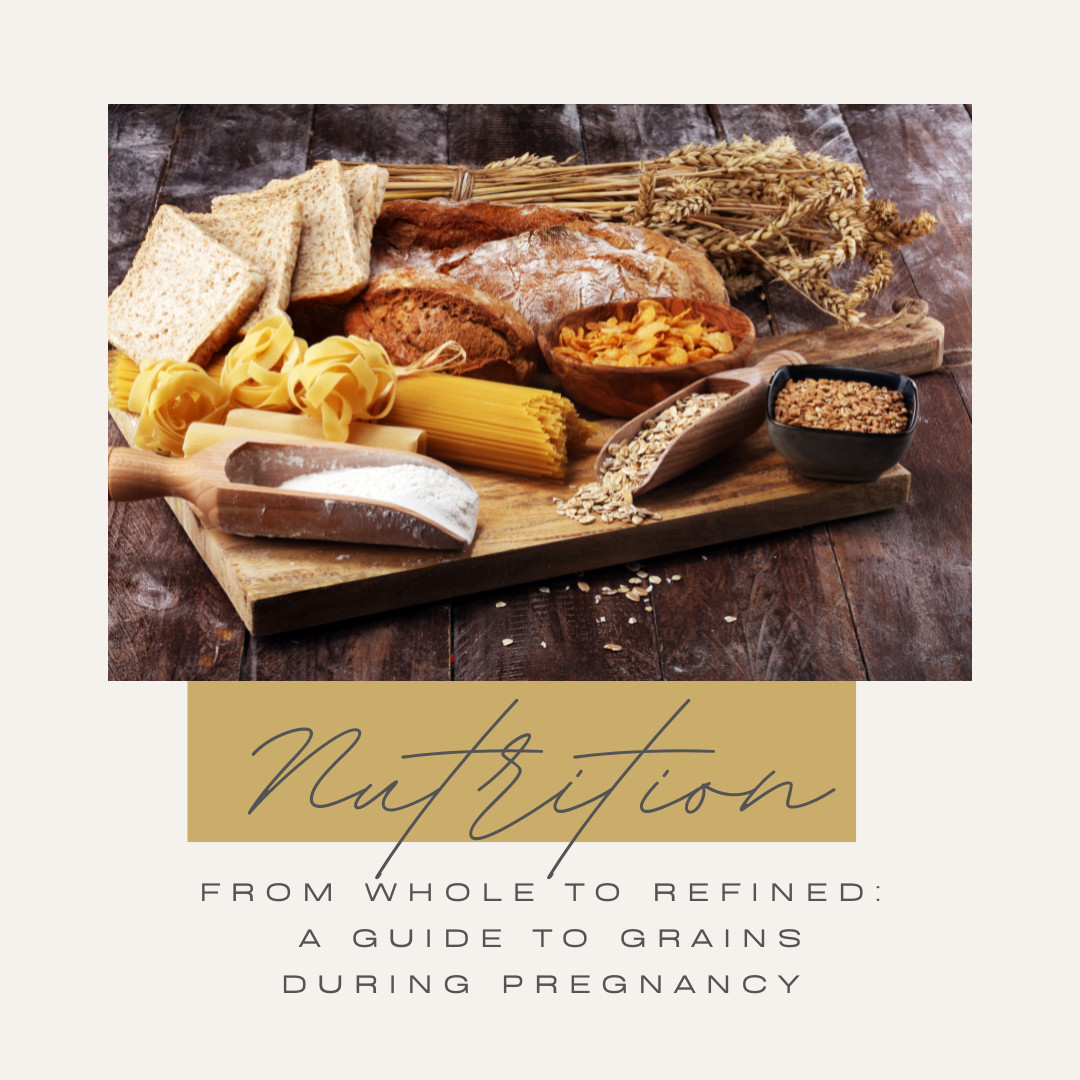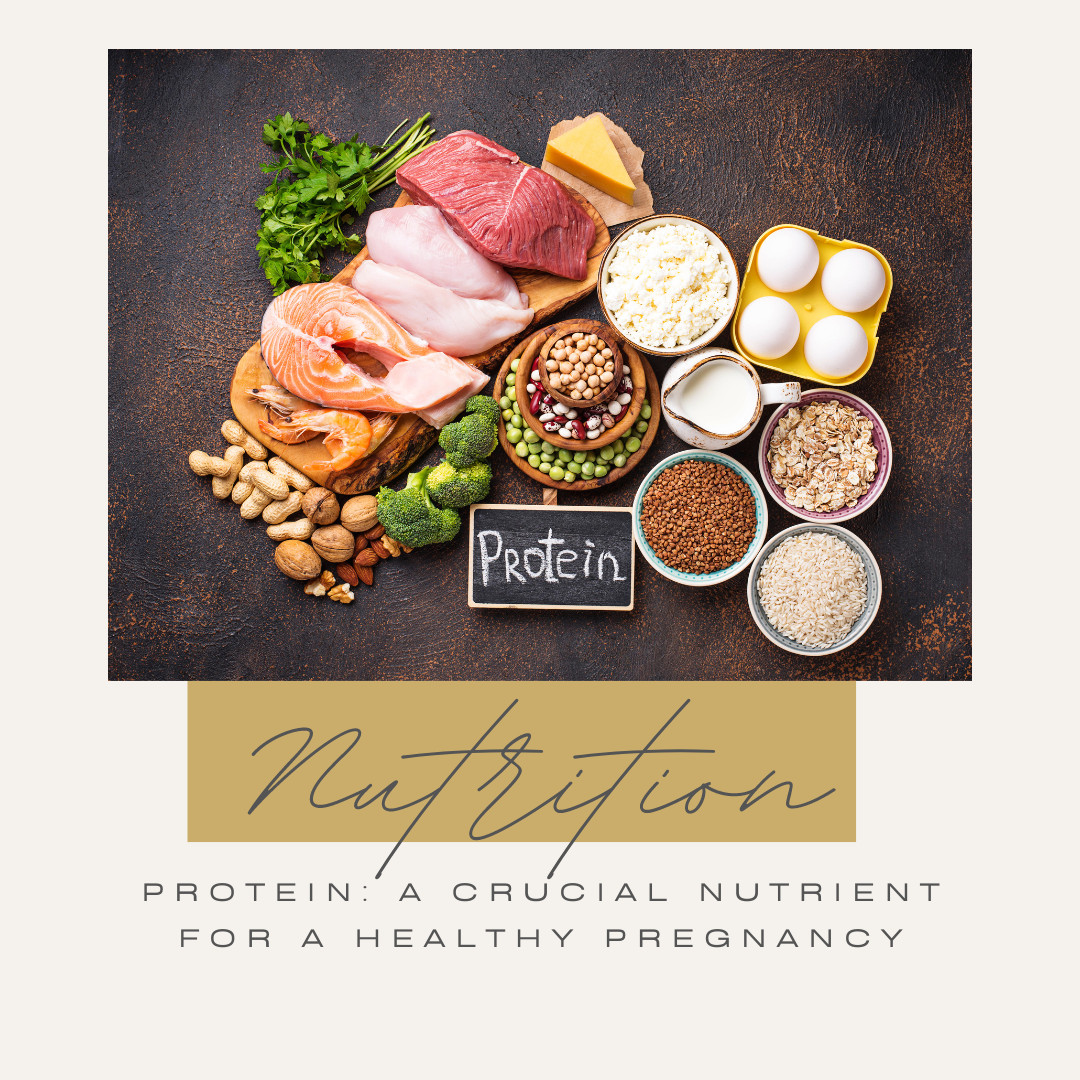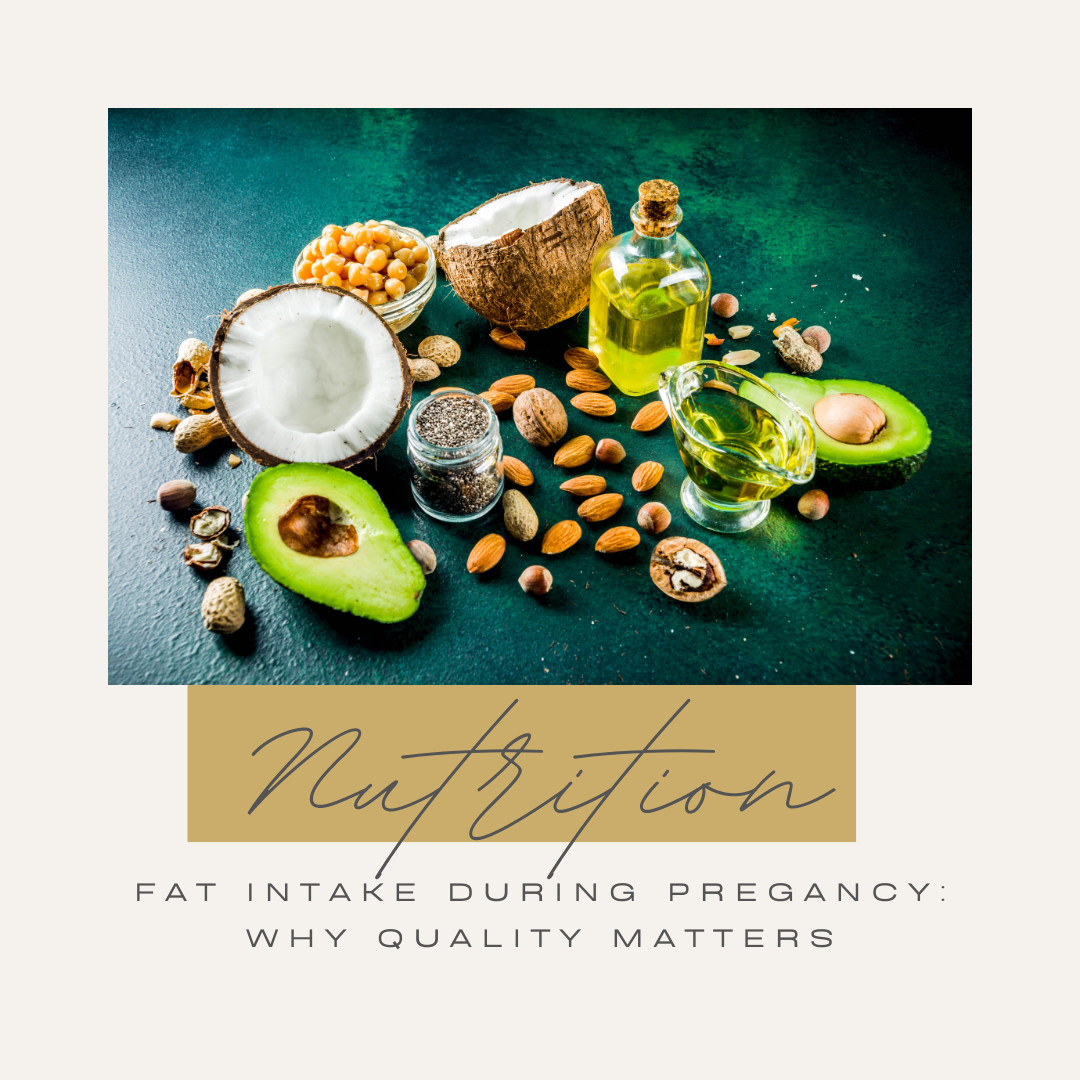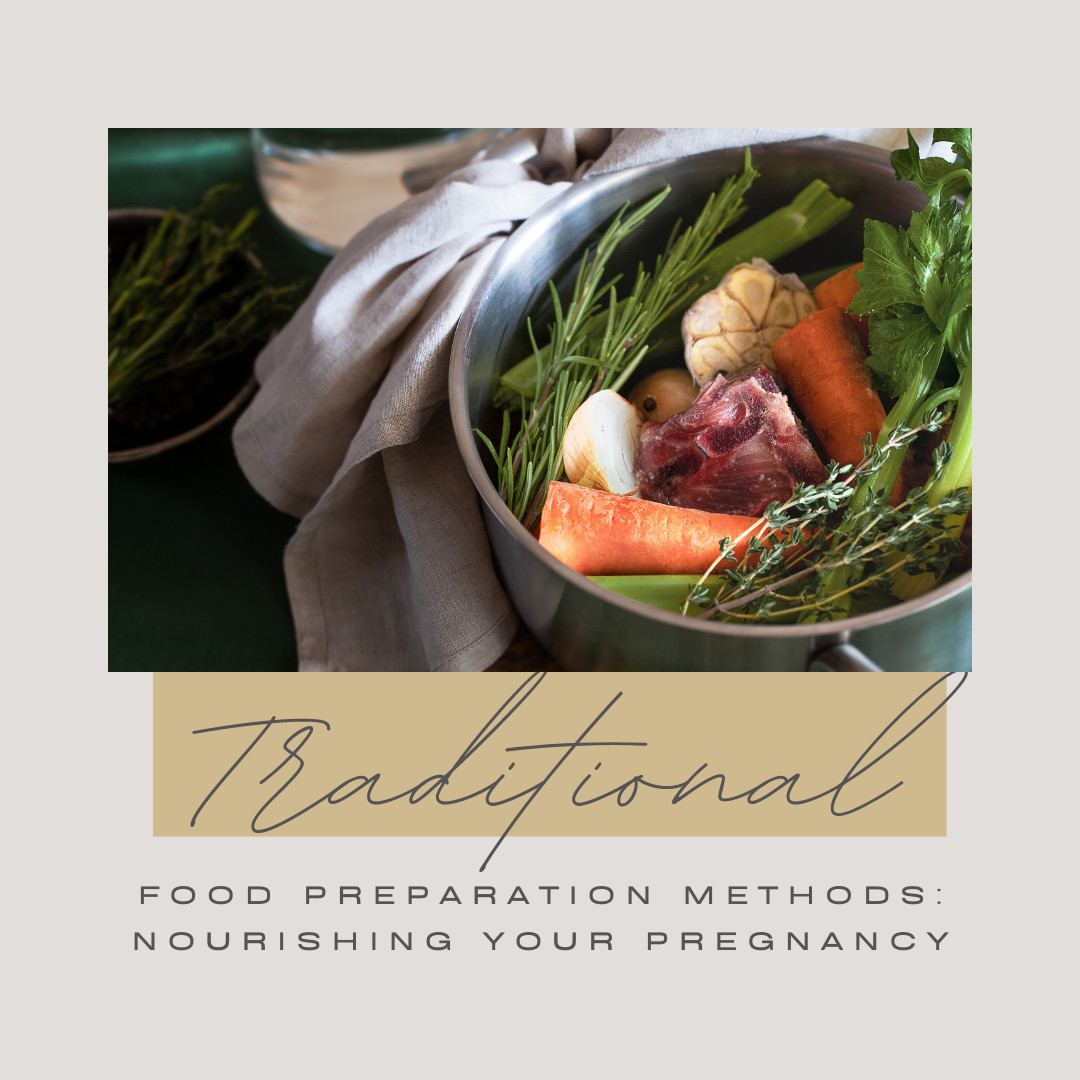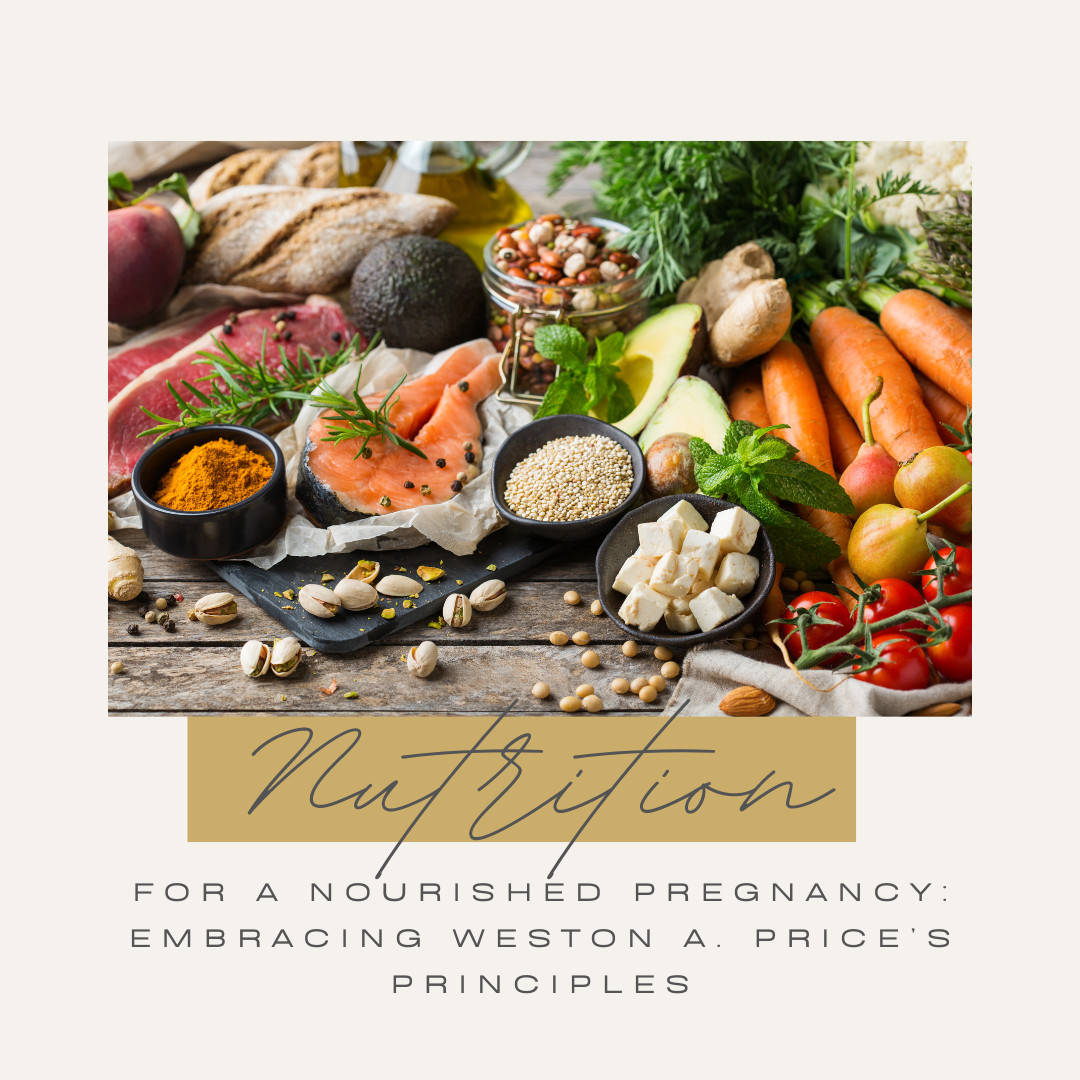
Pregnancy is a special time in a woman's life, filled with joy, anticipation, and new experiences. It's also a time when staying active is incredibly important for both physical and mental well-being. While the idea of exercising during pregnancy might seem daunting, especially when faced with the challenges of busy schedules and limited access to fitness facilities, there are plenty of ways to stay active from the comfort of your own home. Here are some tips for staying active during pregnancy at home:
1. Start Slow and Listen to Your Body
If you're new to exercise or are unsure about what's safe during pregnancy, start slow and listen to your body. Begin with gentle activities like walking and stretching. As you become more comfortable, you can gradually increase the intensity and duration of your workouts. Online programs like the Body Ready Method walk you through each trimester of pregnancy and offer options for modifications.
2. Set Realistic Goals
Pregnancy is not the time to push yourself to the limit. Set realistic goals based on your fitness level and how you're feeling. Remember, the goal is to stay active and healthy, not to push yourself to the point of exhaustion.
3. Stay Hydrated
Drink plenty of water before, during, and after your workout to stay hydrated. Dehydration can lead to fatigue and overheating, which can be dangerous during pregnancy.
4. Choose Safe and Pregnancy-Appropriate Exercises
Opt for exercises that are safe and beneficial during pregnancy. Prenatal fitness classes, swimming, stationary cycling, and low-impact aerobics are excellent choices. Avoid activities that carry a high risk of falling or abdominal injury, such as contact sports.
5. Incorporate Strength Training
Strength training can help you maintain muscle tone and prepare your body for labor and birth. Use light weights or resistance bands and focus on exercises that target the major muscle groups.
6. Stay Flexible with Stretching
Regular stretching can help alleviate pregnancy-related aches and pains, improve flexibility, and prepare your body for childbirth. Whole body stretching is beneficial throughout pregnancy.
7. Listen to Your Body and Rest When Needed
It's important to listen to your body and rest when you need to. If you feel tired or uncomfortable, take a break and resume your workout when you're feeling better. Overexertion can be harmful during pregnancy.
8. Stay Consistent
Consistency is key when it comes to staying active during pregnancy. You don't necessarily need to devote one set time block for exercise. You can move intentionally throughout the day in short 10-15 minute breaks or you can choose to block off 30-60 minutes for moderate-intensity exercise, or as recommended by your healthcare provider.
9. Make It Enjoyable
Choose activities that you enjoy and that fit into your daily routine. Whether it's dancing to your favorite music, taking a fitness class, or going for a swim, find ways to make staying active fun and enjoyable.
10. Consult with Your Healthcare Provider
Before starting any new exercise program during pregnancy, consult with your healthcare provider. They can provide personalized recommendations based on your health history and pregnancy status.
Staying active during pregnancy is not only safe but also beneficial for both you and your baby. By following these tips and listening to your body, you can stay healthy, fit, and happy throughout your pregnancy journey.
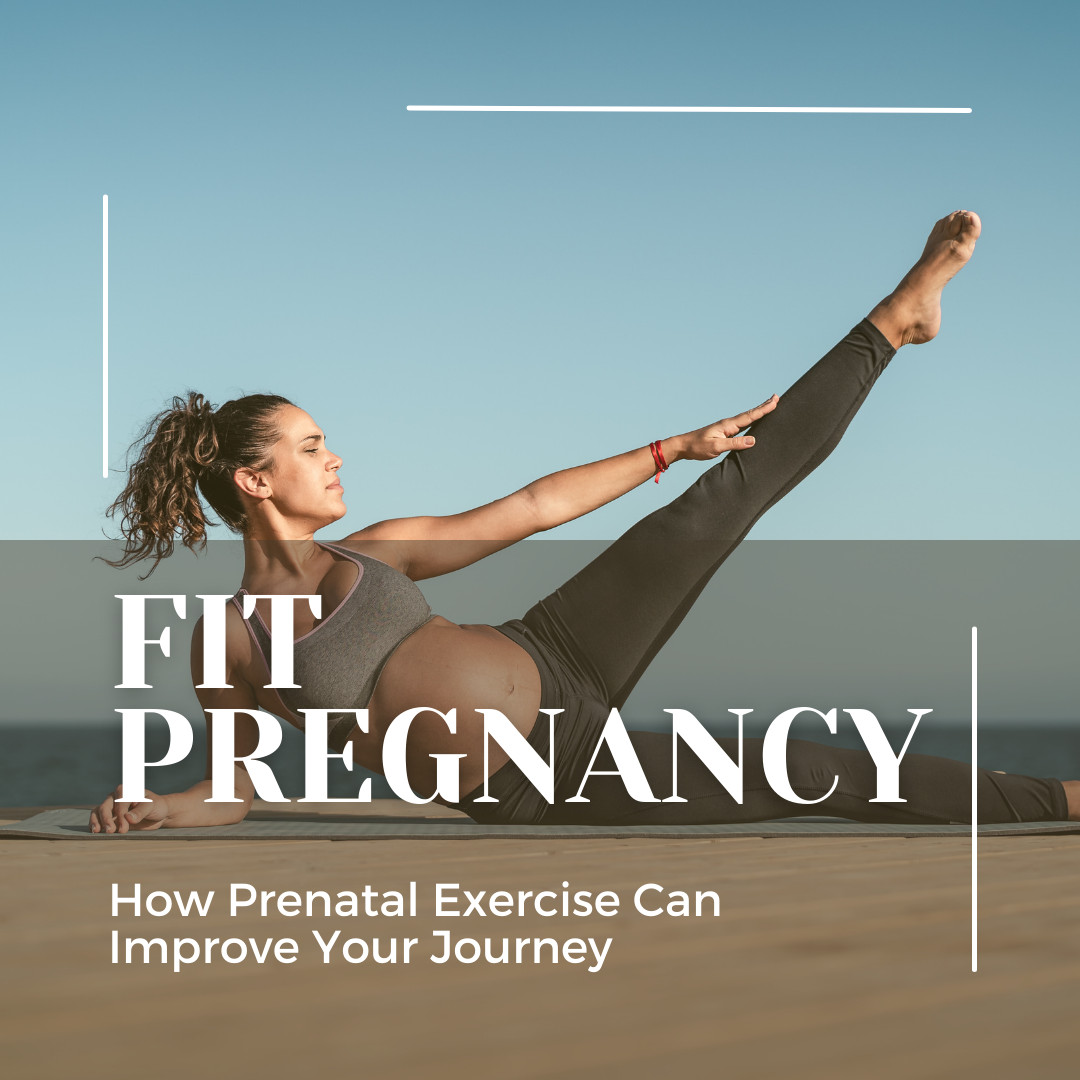
Pregnancy is a beautiful and transformative journey, but it can also bring about physical and emotional challenges. One way to navigate these changes and promote a healthy pregnancy is through prenatal exercise. Exercise during pregnancy offers a wide range of benefits for both mom and baby, making it an essential part of your prenatal care routine.
1. Boosts Mood and Energy Levels: Pregnancy can bring about mood swings and fatigue, but regular exercise can help combat these feelings. Physical activity releases endorphins, also known as "feel-good" hormones, which can improve your mood and increase your energy levels.
2. Promotes Healthy Weight Gain: During pregnancy, it's natural to gain weight as your body supports the growth of your baby. However, excessive weight gain can lead to complications. Prenatal exercise can help you manage your weight gain by burning calories and maintaining muscle tone.
3. Reduces the Risk of Gestational Diabetes: Gestational diabetes is a type of diabetes that develops during pregnancy. Regular exercise can help reduce the risk of developing gestational diabetes by improving insulin sensitivity and glucose metabolism.
4. Improves Sleep Quality: Many pregnant women experience sleep disturbances due to discomfort and hormonal changes. Exercise can help improve sleep quality by reducing stress and anxiety levels, making it easier for you to fall asleep and stay asleep.
5. Strengthens Muscles and Joints: As your body changes during pregnancy, you may experience aches and pains, especially in your back and pelvis. Prenatal exercise can help strengthen your muscles and joints, reducing the risk of injury and improving overall mobility.
6. Prepares Your Body for Labor and Delivery: Labor and delivery require strength, endurance, and stamina. Prenatal exercise, particularly exercises that target the pelvic floor and core muscles, can help prepare your body for the physical demands of childbirth.
7. Fosters a Healthy Pregnancy: Staying active during pregnancy can help reduce the risk of complications such as pre-eclampsia and gestational hypertension. It can also improve circulation, which is important for both your health and the health of your baby.
8. Enhances Postpartum Recovery: The benefits of prenatal exercise extend beyond pregnancy. Staying active can help you recover more quickly after childbirth by maintaining muscle tone and promoting overall wellness.
It's important to consult with your healthcare provider before starting any exercise program during pregnancy. They can provide personalized recommendations based on your health history and stage of pregnancy. Remember to listen to your body and modify exercises as needed to ensure a safe and enjoyable workout experience.
In conclusion, prenatal exercise offers numerous benefits for both you and your baby. From boosting your mood to preparing your body for childbirth, staying active during pregnancy can help you have a healthier and more comfortable pregnancy journey. Embrace the benefits of prenatal exercise and enjoy the many rewards it brings!
I've used a couple different online fitness programs to guide me through pregnancy and postpartum recovery. My top favorite is Body Ready Method. It prepares and empowers you to give birth with confidence and walks you through healing during the early postpartum season.

Pregnancy is a time of immense joy and anticipation, but it can also bring its share of discomforts. Many expectant mothers seek natural remedies to alleviate common pregnancy symptoms and support their overall well-being. Herbal teas, when chosen carefully, can be a soothing and beneficial addition to a prenatal wellness routine. Let's delve into some of the benefits of herbal teas during pregnancy and explore which herbs are safe and their specific benefits.
1. Ginger Tea:
Ginger tea is a popular choice for alleviating nausea and morning sickness, which are common during the first trimester of pregnancy. Ginger has natural anti-inflammatory properties and can help soothe an upset stomach.
2. Peppermint Tea + Spearmint Tea
Peppermint tea and Spearmint tea are known for their calming and soothing effects on the digestive system. They can help relieve bloating, gas, and indigestion, which are common discomforts during pregnancy.
3. Red Raspberry Leaf Tea:
Red raspberry leaf tea is often recommended in the second and third trimesters to tone the uterus in preparation for labor. It is believed to strengthen the uterine muscles, potentially reducing the risk of complications during childbirth.
4. Nettle Leaf Tea:
Nettle leaf tea is a nutritious herbal tea rich in vitamins and minerals, including iron and calcium. It can help support healthy blood circulation and prevent iron deficiency anemia, which is common during pregnancy.
5. Chamomile Tea:
Chamomile tea is known for its calming and relaxing properties. It can help reduce stress and anxiety, promote better sleep, and soothe digestive issues.
6. Lemon Balm Tea:
Lemon balm tea is another calming herbal tea that can help reduce anxiety and promote relaxation. It is also believed to have antiviral properties, which can be beneficial during pregnancy.
7. Dandelion Leaf Tea:
Dandelion leaf tea is a natural diuretic that can help reduce water retention and swelling, which are common in the later stages of pregnancy.
8. Rosehip Tea:
Rosehip tea is high in vitamin C, which can help boost the immune system and promote healthy skin. It also contains antioxidants that can help protect against cell damage.
When choosing herbal teas during pregnancy, it's essential to do so cautiously and in moderation. Some herbs may not be safe for pregnancy or may interact with medications. It's always best to consult with a healthcare provider or a qualified herbalist before adding herbal teas to your prenatal routine. With the right guidance, herbal teas can be a comforting and beneficial addition to a healthy pregnancy journey.
I formulate my own loose leaf tea blends but I also like to keep a variety of prepackaged tea bags on hand, they're useful to keep in my purse or travel bag. My favorite pre-made tea formulas are: Traditional Medicinals Organic Pregnancy Tea and Earth Mama Organics. I typically start and end my day with herbal tea, usually served hot but they're also delicious served cold, on ice.
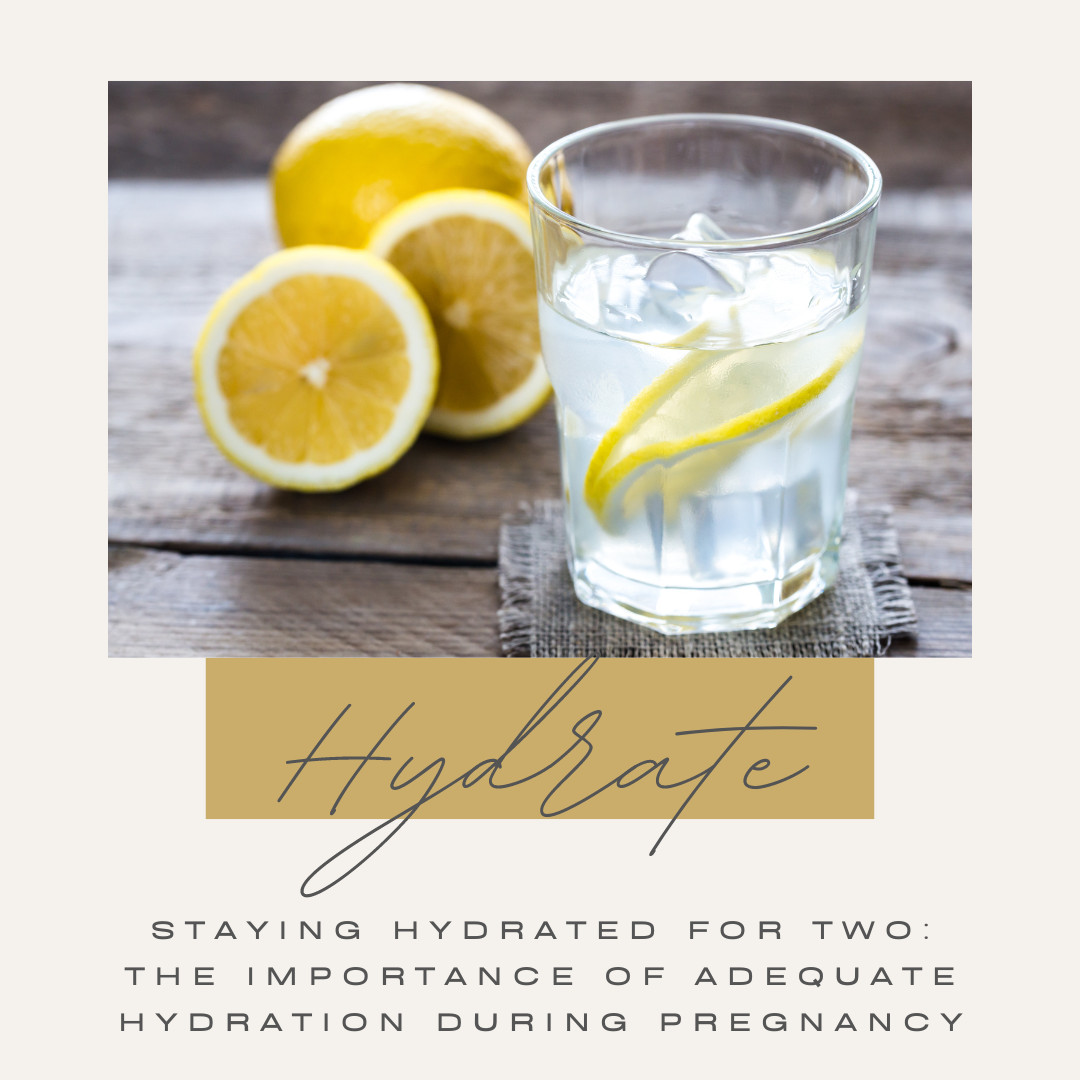
Pregnancy is a time of profound physical changes as your body works hard to support the growth and development of your baby. One often-overlooked aspect of prenatal health is hydration. Staying well-hydrated is crucial for both mother and baby, as water plays a vital role in many bodily functions. Here's why staying hydrated is so important during pregnancy and how you can ensure you're getting enough fluids.
1. Supports Maternal Health:
Water is essential for maintaining healthy blood volume, which is crucial during pregnancy as your blood volume increases to support your growing baby. Staying hydrated can also help prevent common pregnancy issues such as constipation, hemorrhoids, and urinary tract infections.
2. Aids in Fetal Development:
Water plays a critical role in the development of the placenta and amniotic fluid, which surround and protect the baby in the womb. Proper hydration ensures that these fluids are maintained at optimal levels, providing a healthy environment for your baby to grow.
3. Regulates Body Temperature:
During pregnancy, your body temperature is naturally higher due to increased metabolic activity. Staying hydrated helps regulate your body temperature and prevents overheating, which can be dangerous for both you and your baby.
4. Prevents Dehydration and Complications:
Dehydration can lead to a range of complications during pregnancy, including preterm labor, low amniotic fluid levels, and neural tube defects. By staying hydrated, you can reduce the risk of these complications and support a healthy pregnancy.
5. Eases Common Pregnancy Symptoms:
Proper hydration can help alleviate common pregnancy symptoms such as swelling, cramps, and headaches. It can also help maintain healthy skin elasticity, reducing the risk of stretch marks.
Tips for Staying Hydrated:
- Drink plenty of water throughout the day, aiming for half your bodyweight in ounces
- Carry a water bottle with you to remind yourself to drink regularly.
- Include hydrating foods in your diet, such as fruits and vegetables with high water content (e.g., watermelon, cucumbers, oranges).
- Limit caffeine intake, as it can have a diuretic effect and increase the risk of dehydration.
- Pay attention to your body's signals and drink more fluids if you're feeling thirsty or if your urine is dark yellow.
Staying hydrated is essential for a healthy pregnancy. By drinking plenty of water and consuming hydrating foods, you can support your own health and the development of your baby. If you have specific concerns about hydration or fluid intake, consult with your healthcare provider for personalized advice.
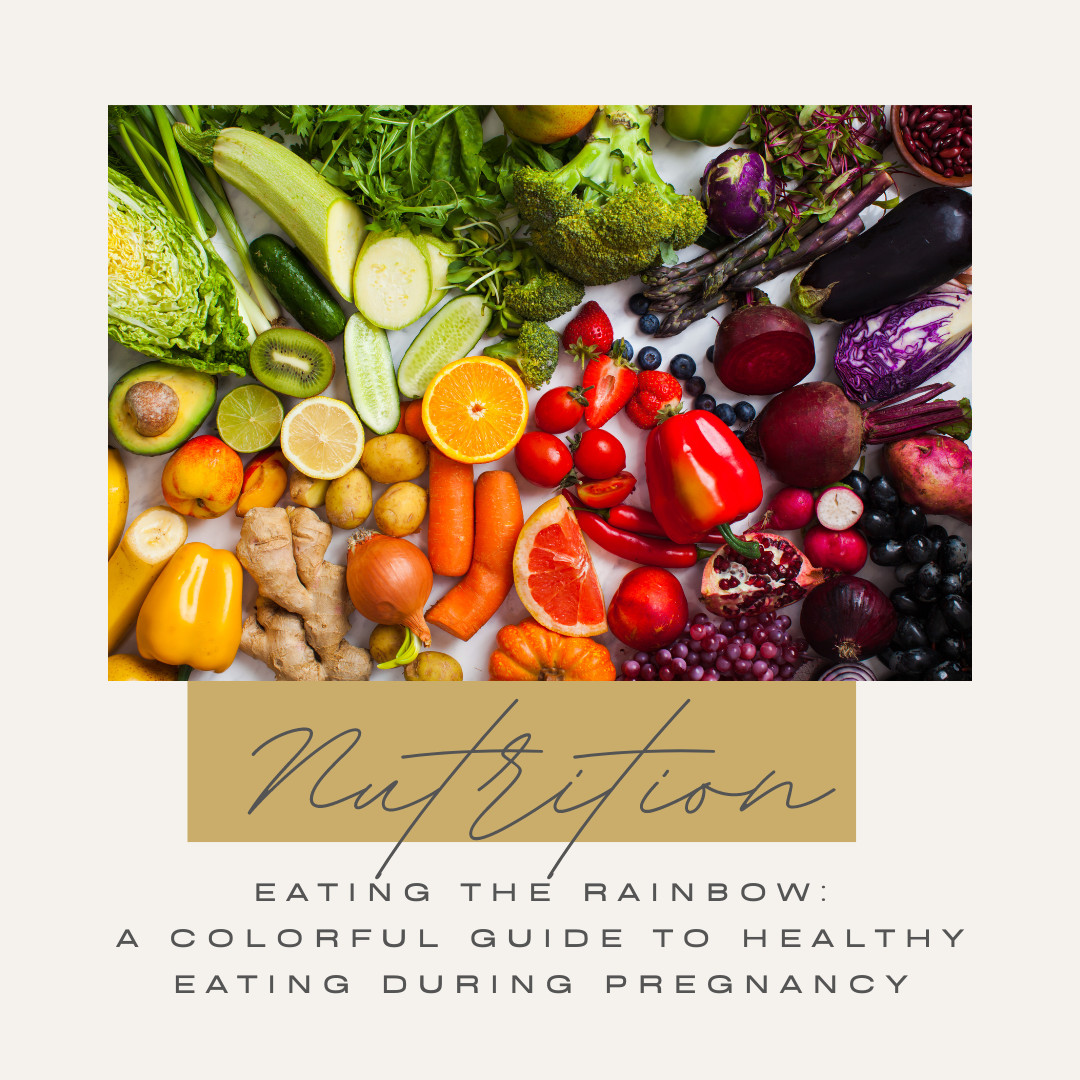
During pregnancy, a woman's body undergoes numerous changes to support the growth and development of the baby. Proper nutrition is crucial during this time to ensure both mother and baby receive essential vitamins, minerals, and nutrients. One way to ensure a diverse and nutrient-rich diet is by "eating the rainbow."
Eating the rainbow means consuming a variety of colorful fruits and vegetables, each color providing a unique set of nutrients that contribute to overall health. Here's a breakdown of the benefits of eating different colors of fruits and vegetables during pregnancy:
Red:
Red fruits and vegetables like tomatoes, red bell peppers, strawberries, and watermelon are rich in lycopene, a powerful antioxidant. Lycopene has been associated with a reduced risk of preeclampsia, a serious condition that can occur during pregnancy. Red produce also contains vitamin C, which supports the immune system and helps with iron absorption.
Orange/Yellow:
Orange and yellow fruits and vegetables like carrots, sweet potatoes, mangoes, and oranges are high in beta-carotene, which is converted to vitamin A in the body. Vitamin A is essential for fetal growth and development, particularly for the development of the eyes, skin, and bones. These foods also provide vitamin C and potassium.
Green:
Green vegetables such as spinach, kale, broccoli, and green beans are packed with folate, a B-vitamin that is crucial for preventing neural tube defects and supporting fetal growth. They also contain iron, calcium, and fiber, which are important for overall health and digestion.
Blue/Purple:
Blue and purple fruits and vegetables like blueberries, blackberries, and eggplant are rich in antioxidants called anthocyanins. These antioxidants help protect cells from damage and may reduce the risk of gestational diabetes and preeclampsia. Blue and purple produce also contain vitamin C and fiber.
White/Tan:
While not as vibrant in color, white and tan fruits and vegetables like bananas, cauliflower, and potatoes are still important for a healthy pregnancy. They provide nutrients like potassium, magnesium, and vitamin C.
Incorporating a variety of colorful fruits and vegetables into your diet can help ensure you're getting a wide range of nutrients that are beneficial during pregnancy. Aim to include at least one serving of each color group in your meals to maximize the nutritional benefits. Whether you're enjoying a vibrant salad, a colorful stir-fry, or a rainbow fruit salad, eating the rainbow is a delicious and nutritious way to support a healthy pregnancy.
My favorite recipe books to utilize during pregnancy: "Nine Golden Months: The Essential Art of Nurturing the Mother-To-Be" by Heng Ou, "Nourishing Traditions" by Sally Fallon, "Real Food for Pregnancy: The Science and Wisdom of Optimal Prenatal Nutrition" by Lily Nichols


